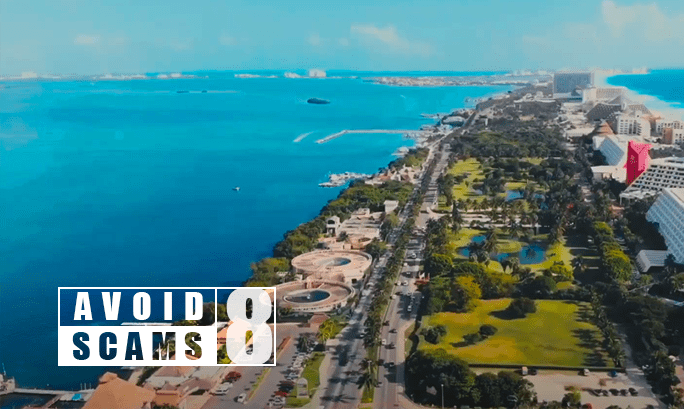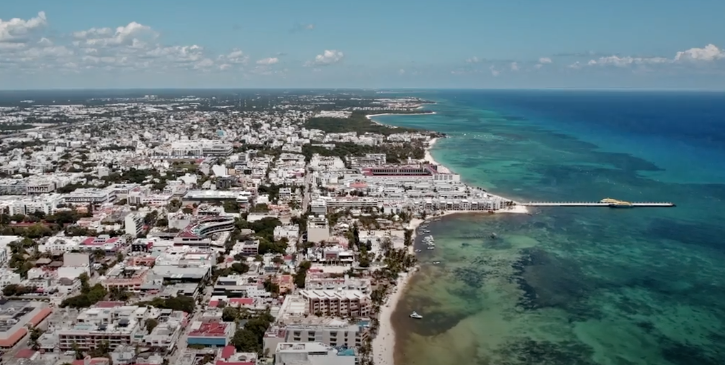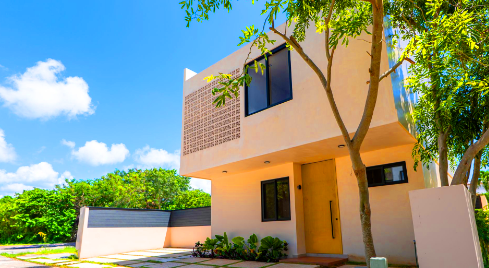How Not To Get Scammed Part 8: Buying Ejido Land in Mexico

Buying Ejido Land in Mexico: What to Watch Out For
Buying former ejido land in Mexico can present unique opportunities but also significant risks due to its communal history. The most crucial step is ensuring the land has been fully and legally "regularized" into private ownership. Without proper due diligence and expert legal guidance, buyers face potential issues with title, historical claims, and incomplete regularization, which can lead to legal disputes and ownership problems.
How can you tell if a parcel is possibly Ejido Land? The price! You're seeing plots that are the perfect size for a single family home priced at 80k to over 1M US dollars, depending on location and amenities and all-of-a-sudden you come across 2.5 acres for 35 grand! That's the major tell, most of the time.
Don't waste your time trying to research title on land yourself. Mycasa Real Estate only works with the best attorneys in the region. Reach out to use today and we'll set up your first consultation.
How Not To Get Scammed Series
Part 1 | Part 2 | Part 3 | Part 4 | Part 5 | Part 6 | Part 7 | Part 8 | Part 9 | Part 10 | Part 11 | Part 12 | Part 13 | Part 14
What is Ejido Land?
Ejido land refers to communal agricultural lands historically granted to local communities in Mexico for farming and livelihood. Article 27 of the Mexican Constitution provided for these lands being passed to Mexican citizens, after the Revolution.
Historically, these lands were inalienable and could not be privately owned or sold. However, as of around 1992, Mexican law now permits the "regularization" process, allowing ejido land to transition from communal to private ownership.
Imagine a large tract of farmland previously used collectively by a village for generations. Through regularization, this communal land can be surveyed, titled, and then sold as individual private parcels.
The Risks of Buying Ejido Land
While ejido land, once regularized, can offer attractive investment opportunities, specific challenges and risks are inherent in these transactions. Understanding these pitfalls is essential for any potential buyer.
Incomplete Regularization
The "regularization" process legally transforms communal ejido land into private property. If this process is not fully completed, the land may still retain communal claims.
A partial or unfinished regularization means the land might not be fully recognized as private property under the law. This leaves it vulnerable to challenges from the original ejido community.
A buyer purchases what they believe is private land, but years later, the original ejido community or its members claim rights to the property because the final steps of privatization, such as registration with the public registry, were never completed. This can lead to costly and lengthy legal battles.
Title Issues
Proper documentation and a clear title are critical for proving legal ownership of any property. With former ejido land, title clarity can be problematic.
The transition from communal to private ownership can sometimes result in ambiguous or missing documentation. Without a definitive and unencumbered title, a buyer's ownership is not secure.
A buyer may receive a deed that seems legitimate, but a thorough title search reveals a cloud on the title, such as an unresolved lien, an unrecorded transfer, or conflicting claims from prior occupants, making it difficult or impossible to sell or develop the land in the future.
Historical Claims
Even after regularization, former ejido members or their descendants might challenge the sale, citing historical use rights to the land.
Despite legal privatization, the deep-rooted communal history of ejido lands means that traditional claims or perceived rights by local families or individuals can persist, even if not legally recognized in a fully regularized private title.
A buyer builds a home on a newly acquired parcel. Shortly after, a local family asserts their right to a portion of the land, claiming their ancestors farmed it for generations and that the sale to the buyer did not adequately address their historical connection or compensation for their relinquishment of rights. This can lead to social tensions and legal disputes.
Why You Need a Lawyer When Buying Ejido Land
Given the specific complexities, engaging a qualified real estate lawyer is not merely advisable but essential when considering former ejido land. A lawyer specializing in Mexican real estate can significantly mitigate the risks.
Expert Document Review
A lawyer meticulously examines all property-related documents.
They verify that the regularization process is complete, that the land is properly registered as private property, and that the title is clear of any encumbrances or historical claims.
The lawyer reviews the ejido assembly minutes, the Dominio Pleno (full domain) conversion documents, the land's registration at the Public Registry of Property, and any other relevant permits or historical records to ensure every step of the transition from communal to private has been legally executed and recorded.
Legal Assurance
Lawyers verify that no lingering claims or disputes exist over the property.
They conduct thorough diligence, including background checks and inquiries with local authorities and the ejido commissary, to confirm the land is free from any ongoing or potential legal challenges.
The lawyer investigates any past or pending lawsuits related to the land, confirms that all prior occupants or claimants were legally compensated or relinquished their rights, and obtains official certifications of no encumbrances.
Peace of Mind
With legal representation, buyers can proceed with confidence.
A lawyer ensures that the investment is secure by navigating the intricate legal framework surrounding former ejido lands, protecting the buyer from unforeseen complications.
Knowing that an experienced attorney has vetted all aspects of the transaction, from title clarity to regularization completion and potential historical claims, allows the buyer to invest in the property without the constant worry of future legal issues or loss of investment.











Comments (0)